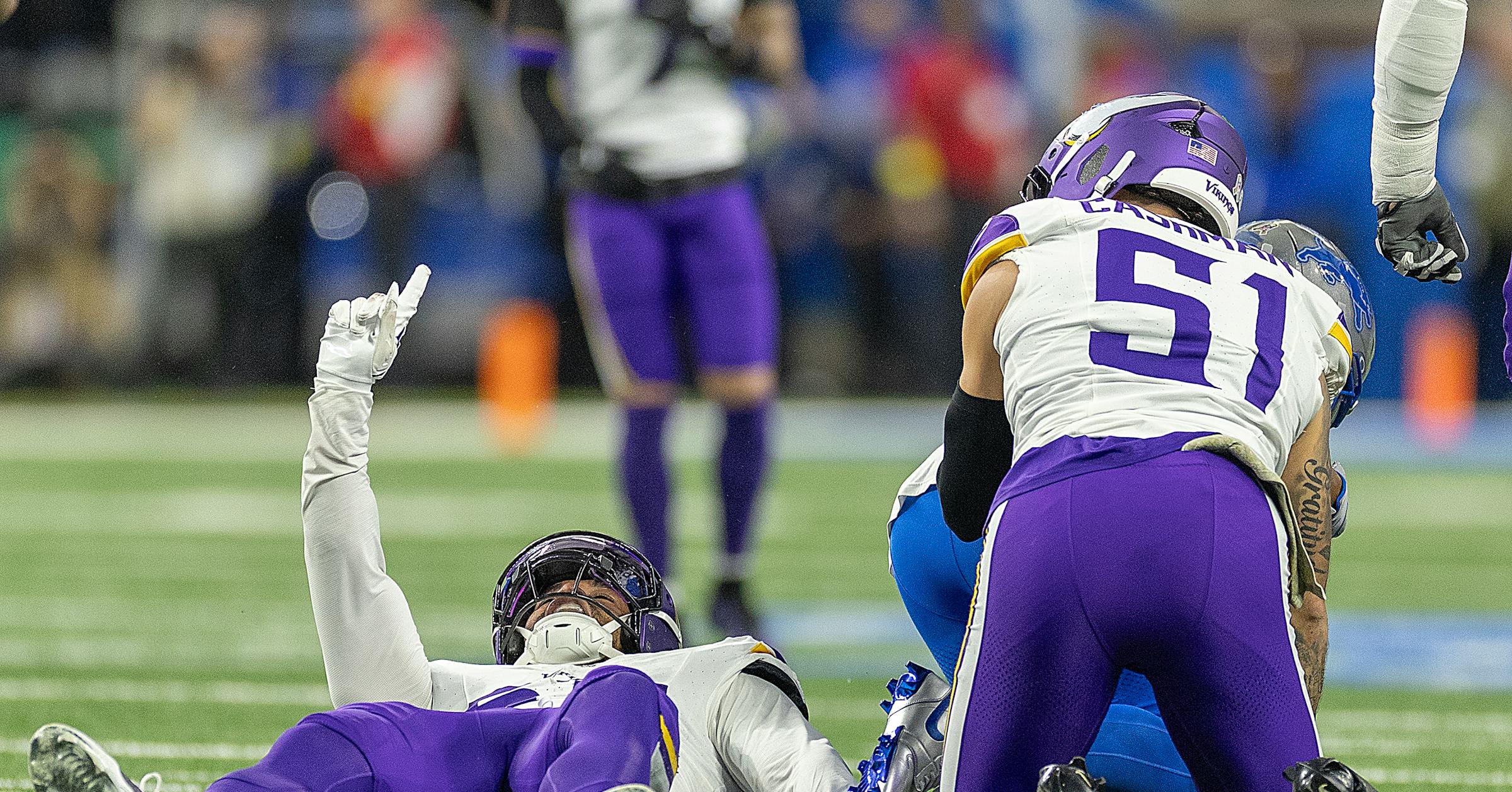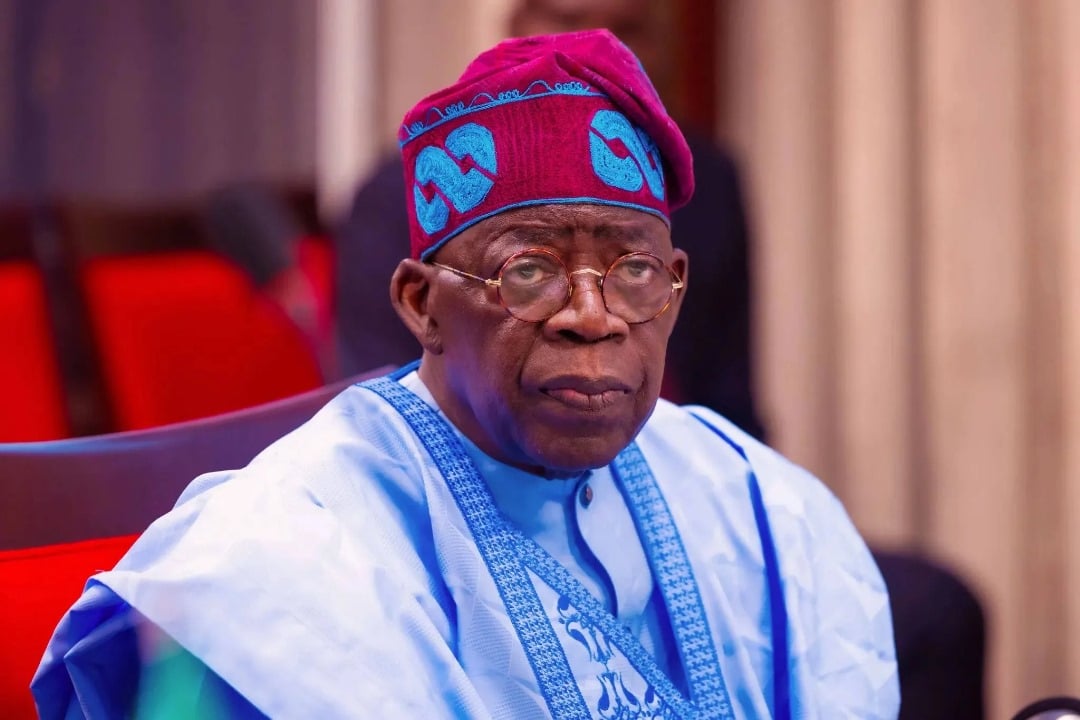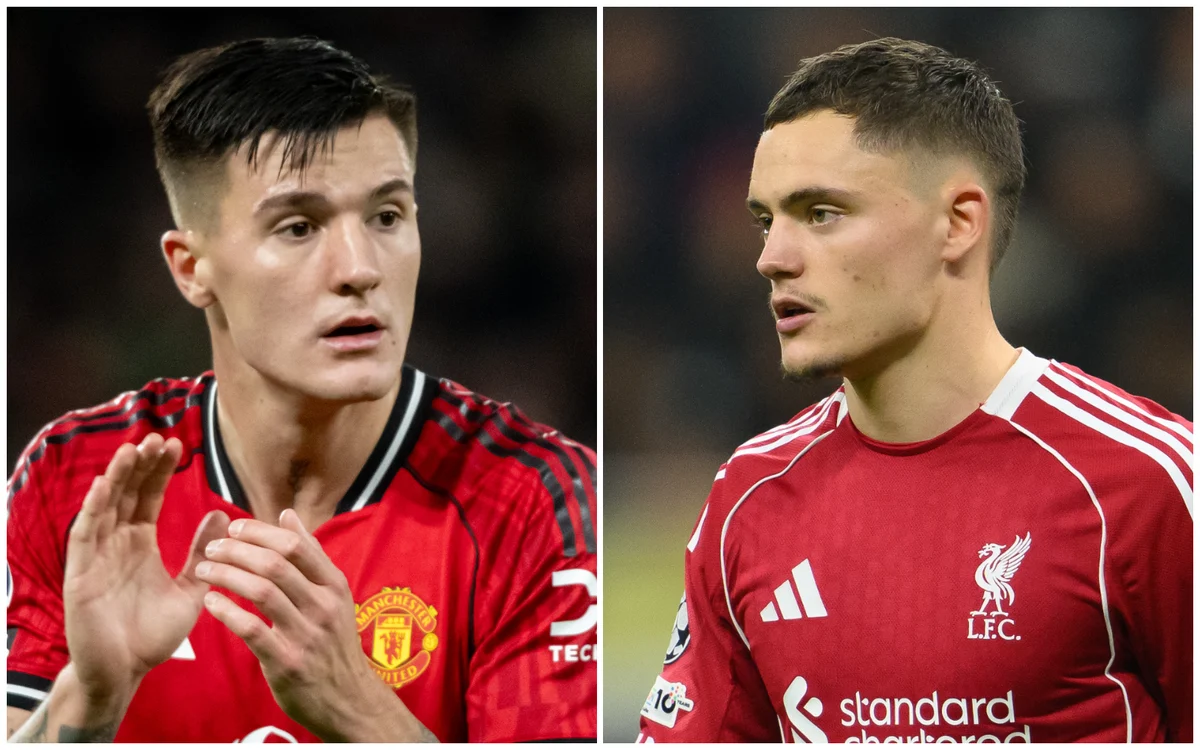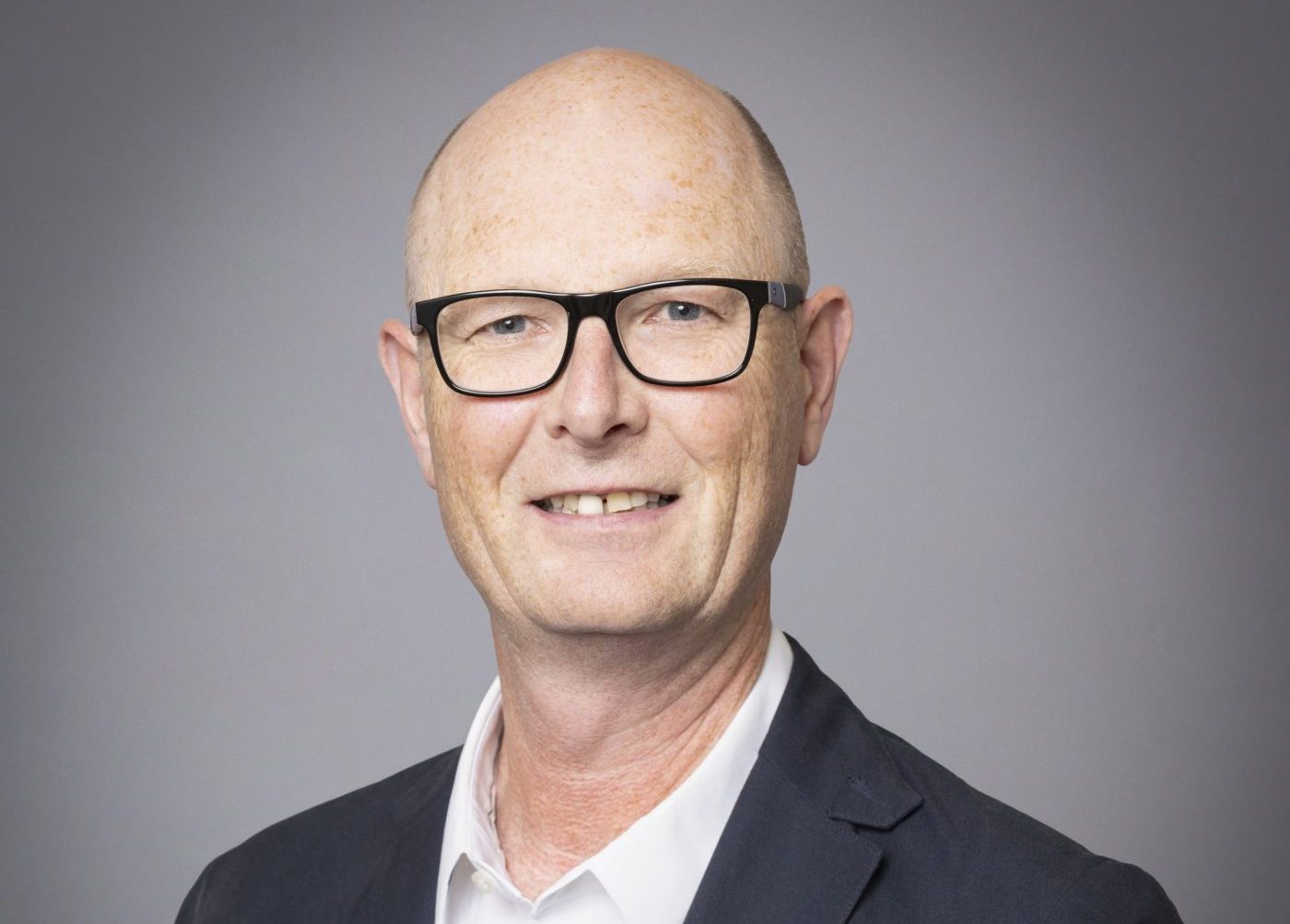Copyright metro
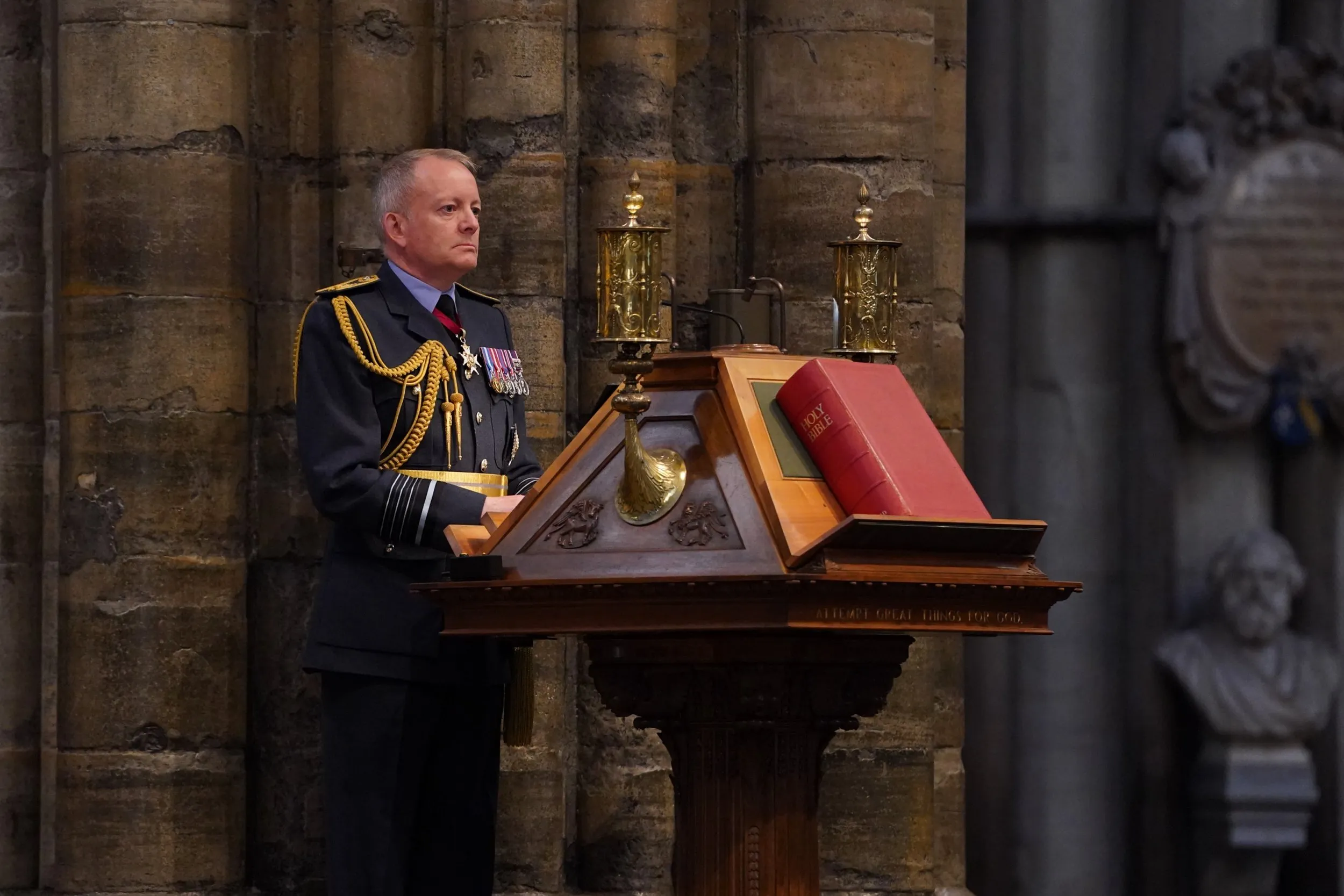
Air traffic at Brussels Airport was suspended on November 5 after drones were spotted (Picture: Reuters) The British military has been sent to help Belgium after suspected Russian drones entered European airspaces, forcing airports to shut and creating widespread panic. Airports in Brussels, Liege and Charleroi were suspended air traffic earlier this month, with flights diverted to sites in the Netherlands and France. The drone sightings, believed to be linked to Russia, prompted significant alarm around European national security. New chief of defence staff Sir Richard Knighton confirmed this morning the UK had agreed to provide Belgium with troops and military hardware to help combat the threat. They have also been seen above German, Danish, Swedish and Norwegian airports. Sir Richard, however, urged for caution on confirming the source of the drones and said work was underway to find out. He said: ‘It is important to be clear, though, that we don’t know – and the Belgians don’t yet know – the source of those drones, but we will help them by providing our kit and capability, which has already started to deploy to help Belgium.’ This comes after Air Chief Marshal Sir Richard, on Remembrance Sunday, referenced growing geopolitical tensions, cyber warfare and disinformation among other existential threats to Britain in a ‘more dangerous world.’ Sir Richard told the BBC’s Sunday Morning With Laura Kuenssberg programme: ‘The Defence Secretary [John Healey] and I agreed at the end of last week that we would deploy our people, our equipment to Belgium to help them.’ An empty Brussels Airport after air traffic was suspended due to drone activity (Picture: Shutterstock) Some officials have already blamed Russia for drone flights in European airspace, which the Kremlin denies. The Air Chief Marshal added that the UK and its 31 Nato allies would ‘work to support each other’ and he was ‘very happy’ to see UK military personnel sent to help Belgium. In a wider plea to British society, Sir Richard urged people to get behind the armed forces amid an unstable geopolitical environment. Sir Richard, who took over as Chief of Defence Staff in September, wrote about how ‘hybrid tactics are being deployed to destabilise societies and undermine democratic institutions’ in The Sunday Telegraph. He said: ‘[D]efence is not the responsibility of the military alone. It is a national endeavour. It requires investment, innovation and the support of a society that understands the stakes. ‘It demands that we honour not only the memory of those who served in the past, but the commitment of those who serve today and those who will serve tomorrow.’ Prime Minister Keir Starmer speaking with Sir Richard Knighton during a visit to a defence contractor in May 2025 (Picture: Henry Nicholls – WPA Pool/Getty Images) He urged British society to ‘understand the stakes’ of supporting its military amid rising global threats such as tensions in the Indo-Pacific and the Russia-Ukraine war. Sir Richard added that the war in Ukraine had shown that being part of Europe had ‘shattered assumptions’ about European security. ‘The war in Ukraine, now in its fourth year, has shattered assumptions about the security of Europe. Putin’s illegal invasion is not just a regional crisis. It is a direct challenge to the international rules-based order.’ Data produced by the Ministry of Defence has shown a steady decline in army personnel, from 197,137 in January 2022 to 180,779 as of the same month in 2025. UK Forces Personnel: A steady decline 📉 On January 1 in 2022, there were 197,137 UK Forces Personnel, but this has steadily dropped since. The same date in the following year, 190,167 personnel were recorded, marking a loss of about 7000 staff. By July 2024 there were just 181,318 personnel, a significant decline in just two years. As of January this year, the army has 180,779 personnel, a 1.3% change since January 1 in 2024. Sir Richard will be responsible for delivering the Strategic Defence Review in June 2026 as the government looks to increase defence spending to 2.5% of GDP by April 2027. In July last year, Prime Minister Keir Starmer said the ‘low number’ of troops would be addressed in a Strategic Defence Review which was commissioned by the government that month. Conservative leader Kemi Badenoch echoed Sir Richard’s comments and described it as ‘tragic and concerning’ that many people no longer wanted to serve in the army. Conservative Party leader Kemi Badenoch said it was ‘tragic and concerning’ many people do not want to fight for their country (Picture: EPA) Badenoch attributed the decline to a loss of national identity, failures in public institutions and the media negatively affecting morale across the country. She told The Telegraph: ‘A nation is only a nation when people are prepared to defend it. And it is both tragic and concerning that many people in Britain today no longer feel that call.’ Get in touch with our news team by emailing us at webnews@metro.co.uk. For more stories like this, check our news page.
